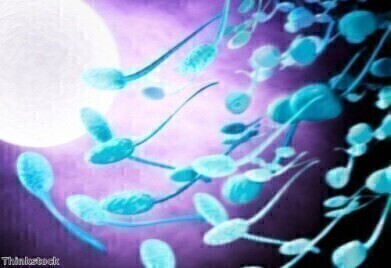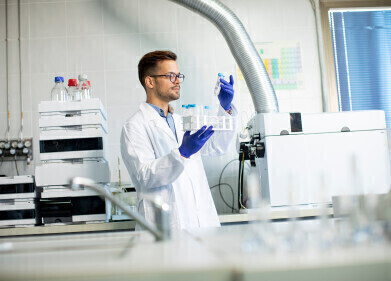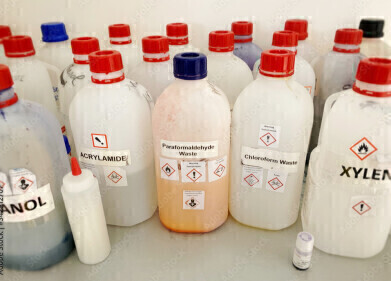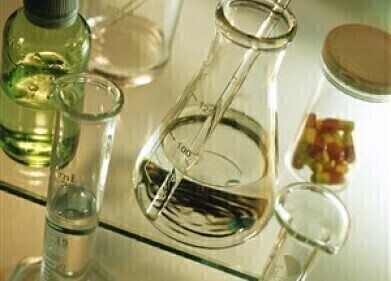Supercritical fluid (SFC), green chromatography
Nano Scale and Micro Scale Fluidic Separation
Dec 20 2022
Chromatography is widely used in the separation and purification of various types of molecules, including small molecules, biomolecules, and nanoparticles. In recent years, the use of chromatography in the separation of nano- and microscale fluids has gained significant attention due to the increasing demand for high-throughput and highly efficient separation techniques in various fields, such as biomedical, pharmaceutical, and environmental sciences.
One of the main advantages of using chromatography for the separation of nano- and microscale fluids is its ability to separate molecules based on their physical and chemical properties, such as size, charge, and affinity. This allows for the separation of specific molecules or nanoparticles from complex mixtures, which is important for various applications, such as the purification of proteins and other biomolecules, the separation of nanoparticles for drug delivery, and the analysis of environmental contaminants.
There are several different types of chromatography techniques that can be used for the separation of nano- and microscale fluids, including liquid chromatography, gas chromatography, and capillary electrophoresis. Each of these techniques uses a different separation mechanism and can be tailored to specific separation requirements by using different types of columns or separation media.
Liquid chromatography is one of the most widely used techniques for the separation of nano- and microscale fluids. It involves the separation of molecules based on their interaction with a stationary phase, such as a column packed with particles or beads. The separation occurs as the molecules move through the column, and the molecules with different affinities for the stationary phase are separated based on their retention time. Liquid chromatography can be further classified into several subtypes, such as high-performance liquid chromatography (HPLC), ultrahigh-performance liquid chromatography (UHPLC), and size-exclusion chromatography (SEC).
Gas chromatography is another popular technique for the separation of nano- and microscale fluids. It involves the separation of molecules based on their volatility and affinity for a stationary phase, such as a column packed with a solid or a liquid. The separation occurs as the molecules move through the column and are adsorbed onto the stationary phase based on their affinity. Gas chromatography can be further classified into several subtypes, such as gas-liquid chromatography (GLC) and gas-solid chromatography (GSC).
Capillary electrophoresis is a separation technique that is based on the separation of molecules based on their charge. It involves the separation of ions or charged molecules in a capillary filled with an electrolyte solution. The separation occurs as the molecules move through the capillary under the influence of an applied electric field, and the molecules with different charges are separated based on their migration time.
In conclusion, chromatography is a powerful tool for the separation of nano- and microscale fluids, and it has many applications in various fields, including biomedical, pharmaceutical, and environmental sciences. The use of chromatography in the separation of nano- and microscale fluids has greatly benefited from advances in technology, which have led to the development of more efficient and high-throughput separation techniques.
More information online
Events
May 11 2025 Vienna, Austria
May 18 2025 Tempe. AZ, USA
May 21 2025 Birmingham, UK
Jun 01 2025 Baltimore, MD, USA
Jun 15 2025 Bruges, Belgium














